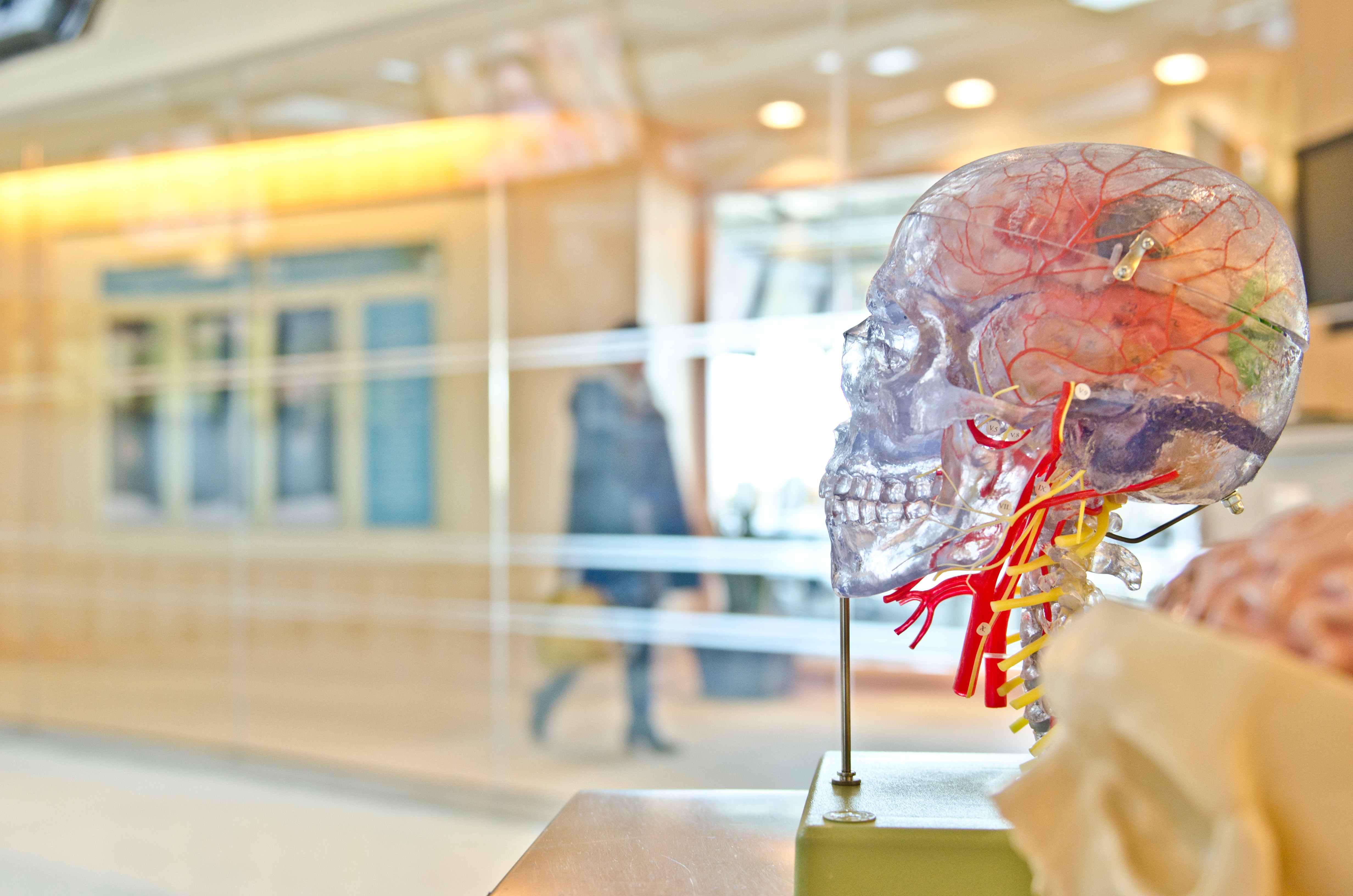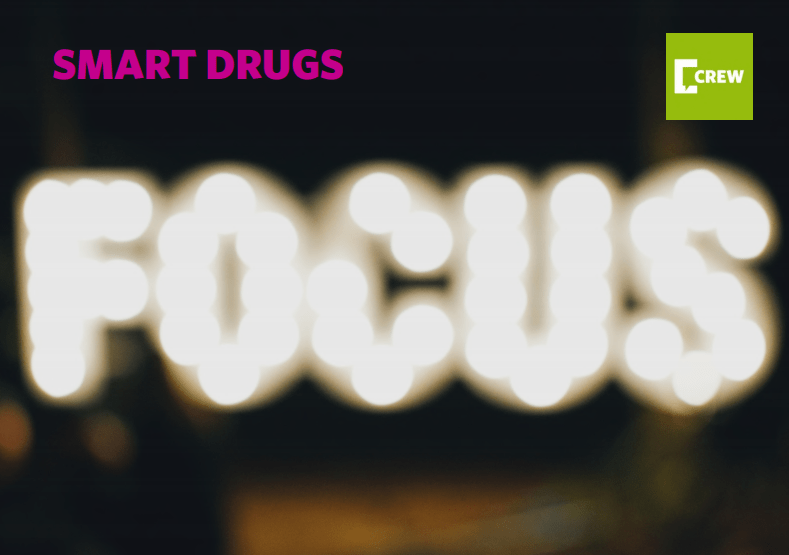Crew worked with researchers from University of Edinburgh’s School of Social and Political Science to learn about people’s experiences of smart drugs/nootropics.
We know that study drugs (sometimes called ‘nootropics’ or ‘smart drugs’) were a growing phenomenon in the UK. These are a variety of drugs, some medications, some illicit, some unregulated, which are often taken to enhance cognition.
Students are a particularly important population who are often more likely to take these drugs for a variety of reasons, that include, to support wakefulness (staying awake), feeling more focused or feeling that tasks require less physical effort.
Examples of typical smart drugs are: modafinil, Ritalin (methylphenidate), Adderall, ‘nootropics’ and other stimulants (like caffeine). The term can also cover recreational drugs taken in a way intended to enhance cognition such as micro-dosing with LSD. We are also interested to learn how drugs may be used to mitigate the effect of other drugs, for example, alprazolam (Xanax) and other benzodiazepines used to mitigate prior effects of stimulants.
We launched a confidential survey in October 2019, after a period of consultation with people, who shared their stories of taking drugs to enhance their attention or performance. Following this, we created a specific harm reduction resource based on the findings, with the first version going live in March 2019.
Further updates have been made to the resource and it continues to be an updated and established Crew resource available for download on our website here, or to pick up at our Drop-in on Cockburn street.




